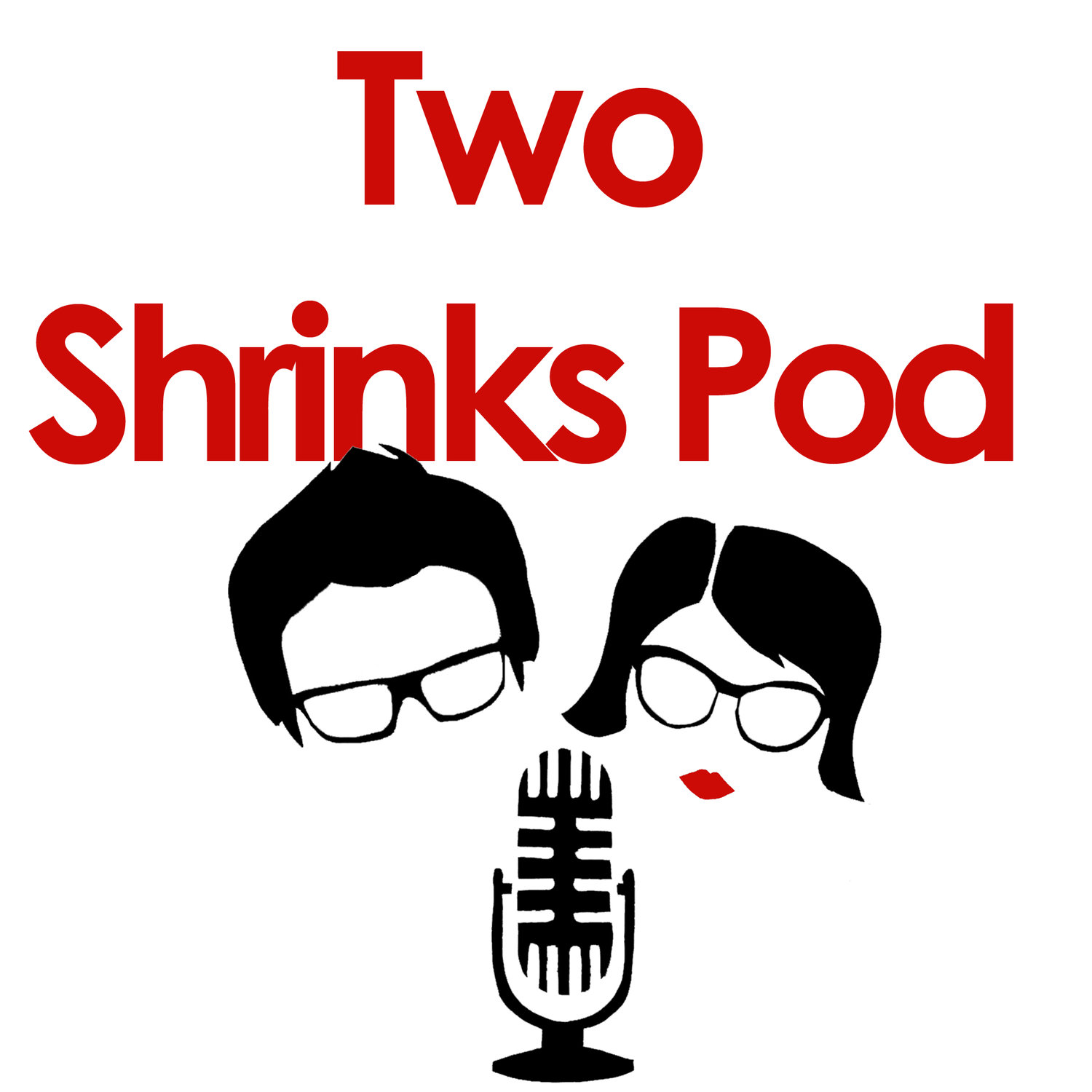11 - What's it like working in oncology? with Dr James McCracken
/Pod 11 - Hunter talks to Dr James McCracken a medical oncologist about the unique aspects of working in oncology. James tells us how he got into medicine and then we discuss what it is like working in oncology and how both doctors and psychologists cope and manage with the stresses of working with cancer patients. The pod finishes off with a medical focused 'Things we came across' section. This pod should be of interest to anyone who wonders what the other side of the medical/psychological curtain looks like. Also - there is a slight sound issue that gets worse towards the end of the pod - sorry about that - unsure as to what was causing it.
Articles:
Mastering resilience in oncology https://www.ncbi.nlm.nih.gov/pubmed/28561649
Spectre of cancer (pdf of article) http://researchonline.nd.edu.au/cgi/viewcontent.cgi?article=1124&context=health_article
Chocolate survival times http://www.bmj.com/content/347/bmj.f7198
James Bond's drinks http://www.bmj.com/content/347/bmj.f7255

